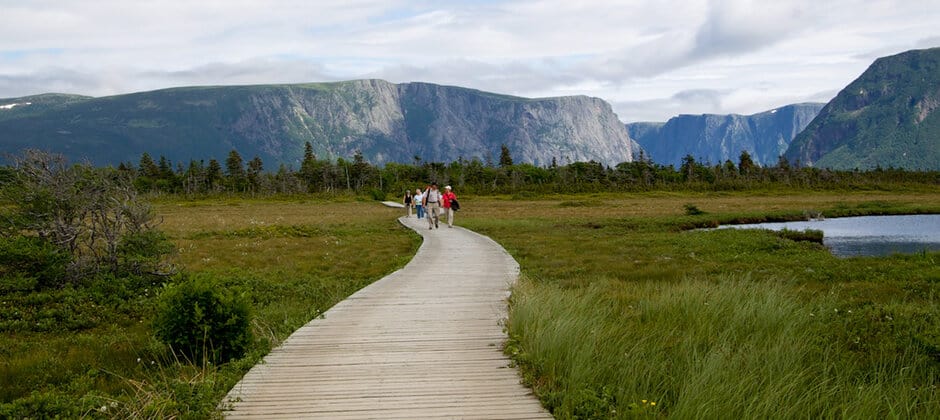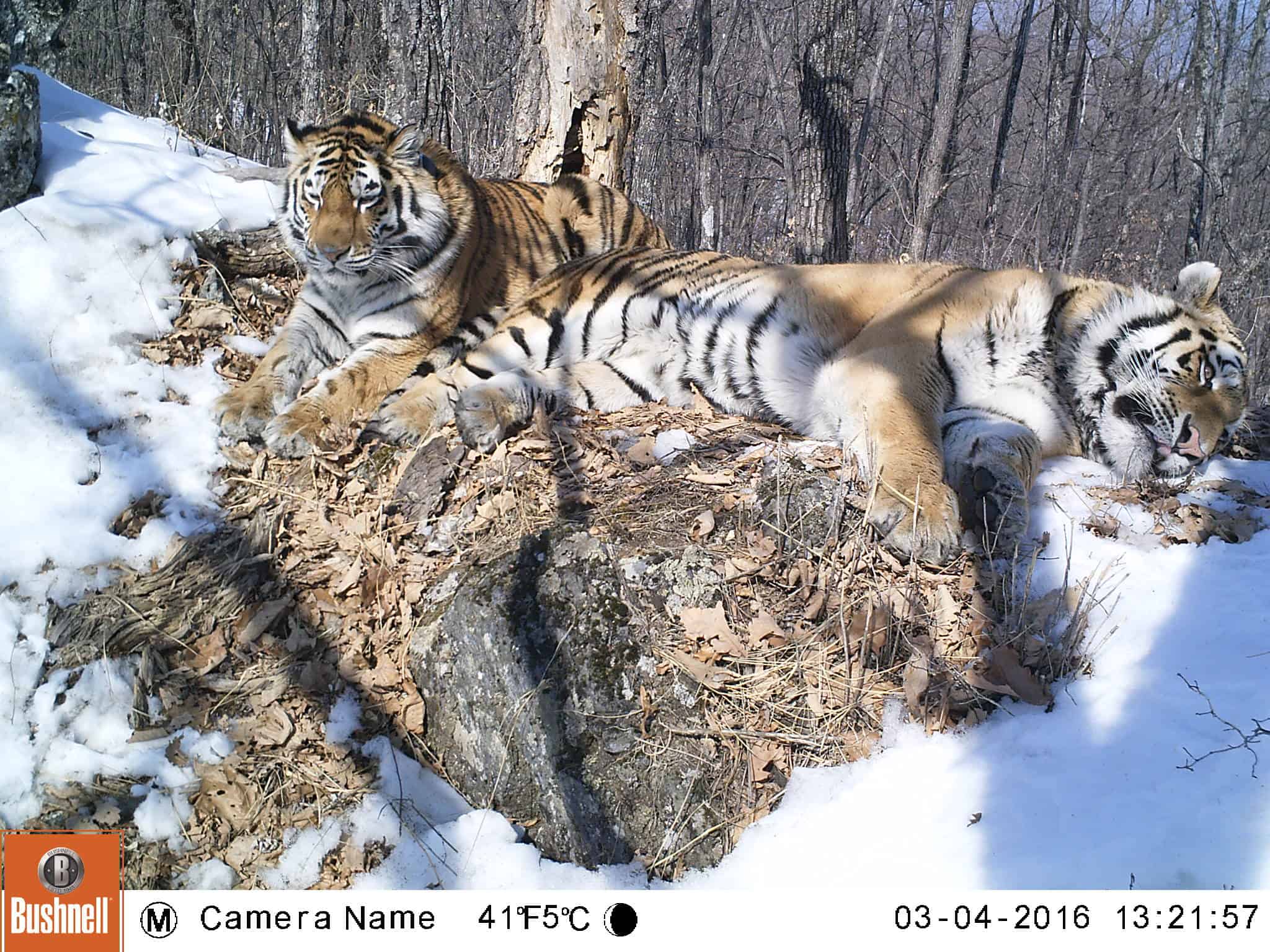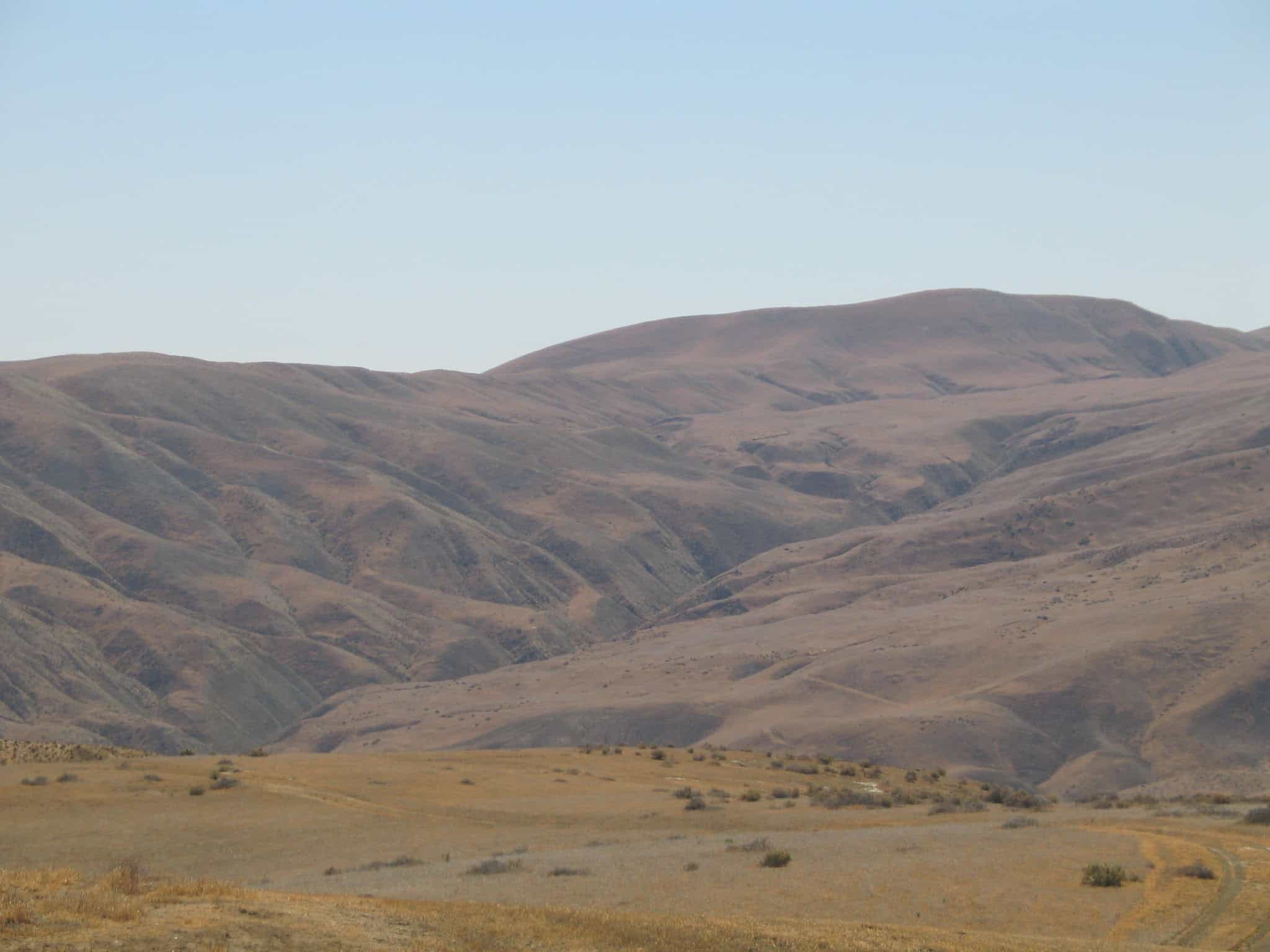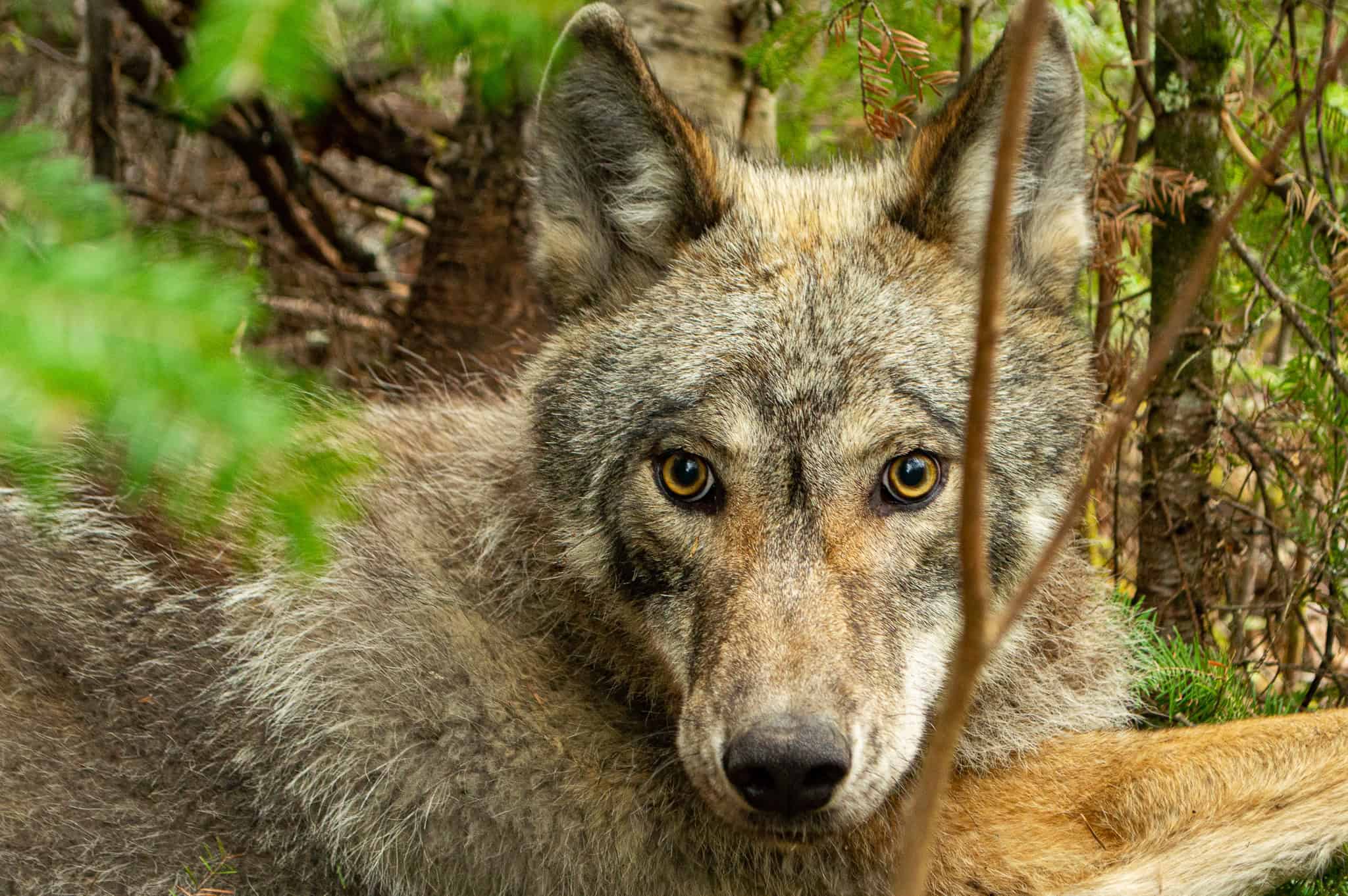Share this article
2022 TWS ballot results
The results of the ballots for The Wildlife Society’s 2022 Council elections are in.
The elections have ushered in Art Rodgers as the new vice president of TWS. Jim Sedinger will be the Western Representative. Jason Riddle was elected as the North Central Representative, and Andrew Kroll was voted in as the Northwest Representative. Newly elected council members are scheduled to be installed at the 29th Annual Conference in Spokane, Washington Nov. 6-10
The Wildlife Society extends its thanks to all of the candidates who ran for office, including Paul R. Johansen, Shawn M. Cleveland, John P. Loegering and Rhys Evans.
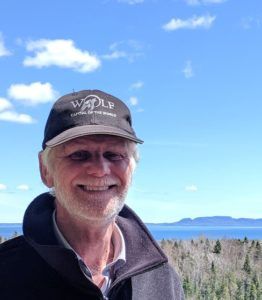 Arthur R. Rodgers
Arthur R. Rodgers
Vice President
Science, DEI, and support to students and new professionals are the three areas that I will strengthen in TWS. TWS has been the preeminent science-based organization for wildlife management in North America for more than 80 years. There is little doubt that we must develop science-based solutions and policies to mitigate the threats to our natural resources, such as climate change. We must be proactive, not just reactive. As a government research scientist following that strategy, I have been successful in getting my science into policy and legislation. I will bring that knowledge and experience to ensure TWS is recognized by policymakers as an important ally and source of science-based solutions.
If we are to succeed, we must strengthen our efforts to promote DEI in TWS. All voices must be heard. We must increase our diversity efforts and move forward on inclusion to ensure those who are, for example, physically or socioeconomically disadvantaged can participate. We need our conferences and other TWS events to be fully accessible. We also need to recognize the socio-economic challenges of students and new professionals; e.g., limited financial resources and young families. I will work with our student and new members and TWS staff to increase and improve opportunities for those who may be disadvantaged.
Following two terms on Council, I have a strong understanding of the administrative and financial accountability of those who serve, as well as TWS headquarters staff—they are all passionate, incredibly motivated, and skilled. To ensure our future, TWS needs to support our members and grow our membership, nationally and internationally, by providing leadership for science-based wildlife management, increasing communication and networking through our publications and conferences and by providing an inclusive environment for all who share our desire to make the world a better place.
See complete biographical sketch here.
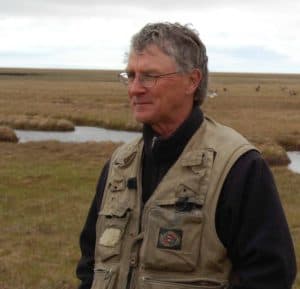 Jim Sedinger
Jim Sedinger
Western Representative
I believe science is fundamental to effective management, but science is often not effectively communicated from scientists to managers and policy makers. The Wildlife Society is the premier professional organization for both scientists and managers. As such TWS is in a unique position to improve the flow of information, as recognized by recent articles in the Journal of Wildlife Management. Increasing human population and increasing demand for natural resources, however, are placing increasing stress on many wildlife populations. Additionally, increasing urbanization is reducing the experience of citizens with nature. These changes are placing additional pressure on the state and federal agencies responsible of conservation and management of wildlife and their habitats. These changes have immediate practical effects, such as reduced numbers of hunters and associated declining budgets for state and federal agencies responsible for management and conservation. But the declining exposure of the public to our wildlands also has less direct impacts. For example, a significant segment of the public has unrealistic expectations about the ability of public lands to support the exploding populations of free-roaming horses without negative impacts on native species. Our country is rapidly becoming increasingly diverse, yet the wildlife profession has not been particularly successful at increasing the diversity within its ranks. Improving diversity is critical to the success of our profession as we move forward. The Wildlife Society is in a unique position to address these challenges, which is essential to the effective conservation of our wildlife resources.
See complete biographical sketch here.
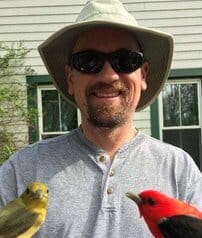 Jason Riddle
Jason Riddle
North Central Representative
We moved to the North Central Section about 13 years ago. I continue to be amazed at the work ethic, passion and professionalism of wildlifers in our section. I’ve witnessed these qualities in our students as the faculty advisor to the student chapter at the University of Wisconsin-Stevens Point, in our members at the state-level as president of The Wisconsin Chapter, and across our entire region as president of the North Central Section.
I’ll be transitioning out of the North Central Section presidency in February, 2022. It is bittersweet. It has been a pure joy to get to know state chapter presidents from across the region and to work with the other officers and committee chairs. I believe we’ve been incredibly productive together as a team. We’ve continued to provide online services (such as webinars) to our members, allocated nearly 40 travel grants to professional meetings, and are even piloting a free student membership program to students in our section regardless of their membership status in other TWS units. The accomplishments of our team have given me even more energy and passion about our section and our members than I had when I began serving at the section-level. I would love to harness that energy and apply it to representing the interests and needs of our section to Council. Similarly, I am excited to see how the North Central Section can continue to strengthen the entire Wildlife Society as we grow and become more established at a global level.
See complete biographical sketch here.
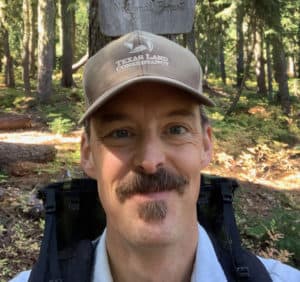 Andrew J. Kroll
Andrew J. Kroll
Northwest Representative
Developing the next generation of wildlife professionals is an “all hands on deck” effort, given numerous challenges (racial and wealth inequality, increasing rates of consumption, globalization of regional pathogens, human population growth and a destabilized climate) we all confront. We need everyone’s participation so our members have the skills, experiences and diversity to conserve wildlife and habitat and engage with the people we serve. First, we can improve how we help students bridge the gap between their university/college training and professional positions, including more informal and structured mentoring, one-day training courses, job-shadowing and temporary positions. We must engage more formally with universities so enrolled students have greater access to professionals in agency and private sector employment, and not university staff exclusively. Second, to increase diversity and inclusion of our members and our programs, TWS must be more proactive, including engagement with universities to identify and recruit students with diverse backgrounds and identities into natural resource programs. The Wildlife Society cannot hope that diversity emerges from university programs: this approach has not worked previously and we have to develop novel strategies and tactics to address this pressing need.
Header Image: Gros Morne National Park in Newfoundland, Canada. Credit: Natalie Lucier



